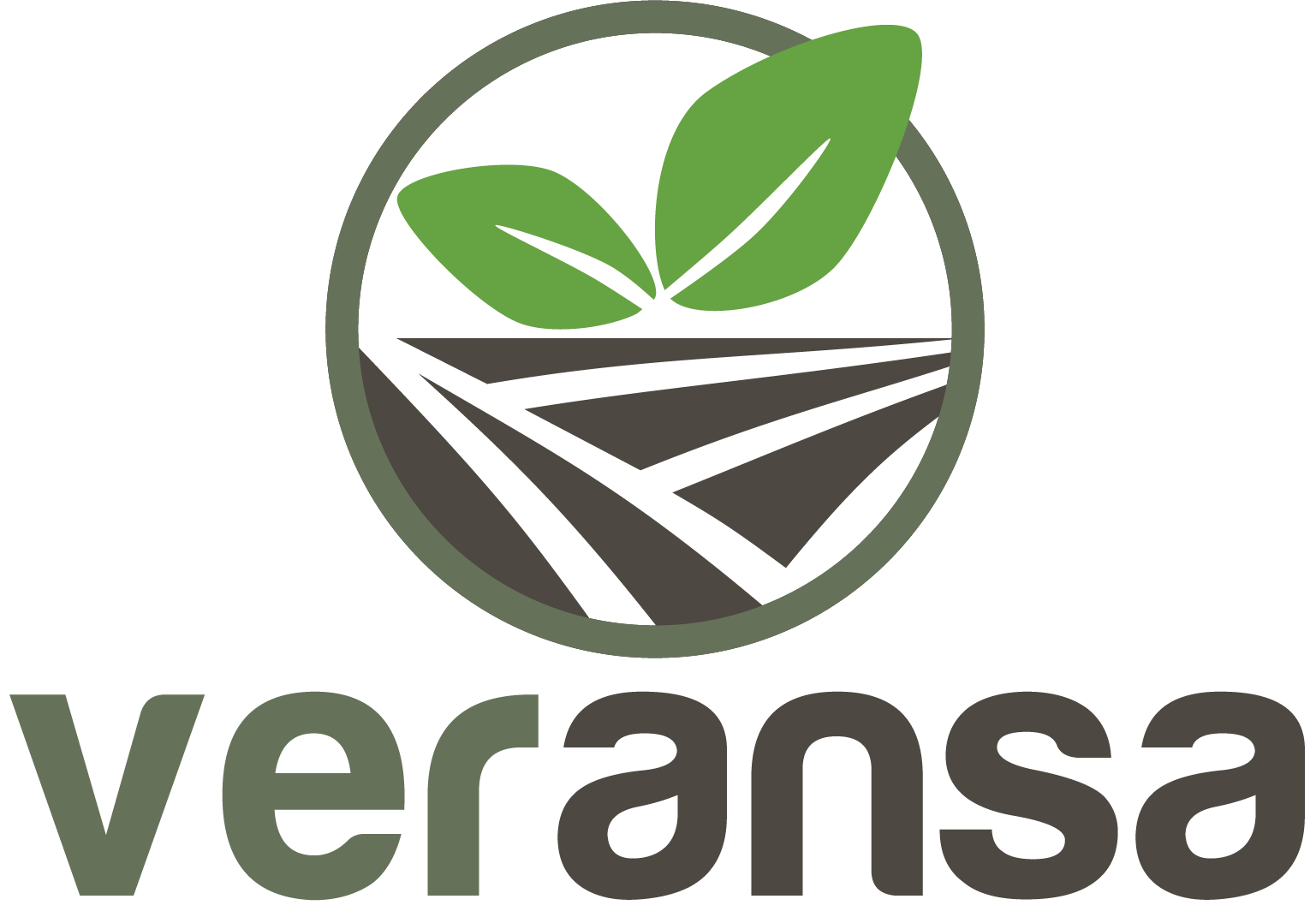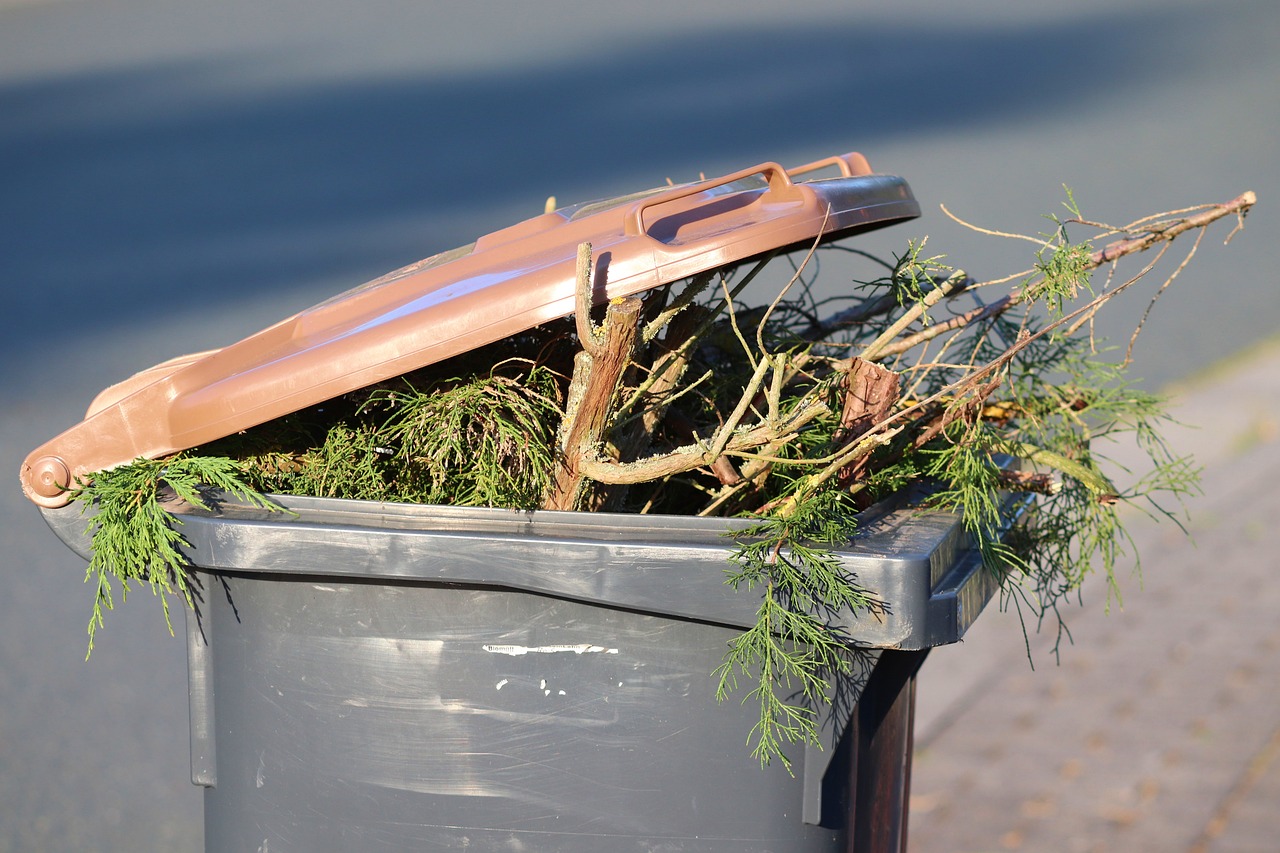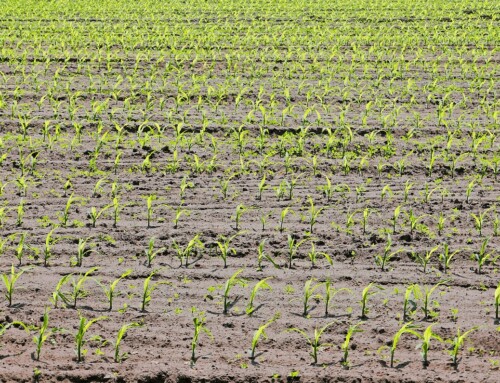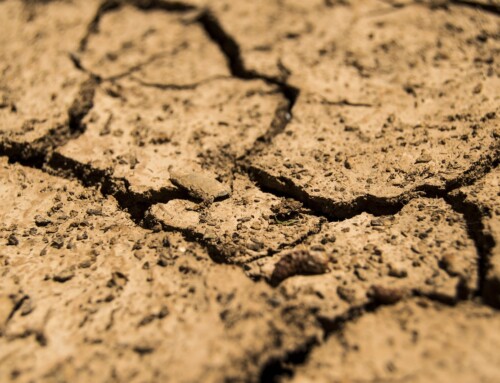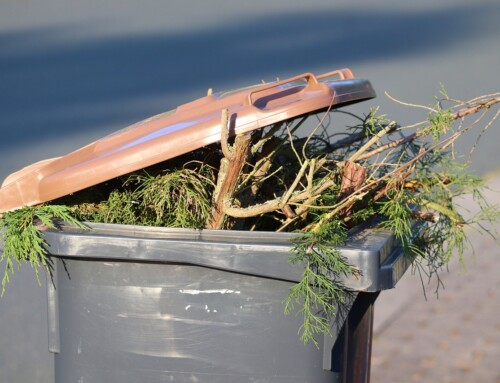Wood, yard, and green waste recycling in the United States plays a significant role in environmental sustainability, resource conservation, and economic benefits. Annually, this practice profoundly impacts various dimensions, influencing waste management strategies, greenhouse gas emissions, soil health, and local economies.
- Wood and yard waste recycling contributes substantially to reducing the volume of waste sent to landfills. Millions of tons of yard trimmings, tree limbs, and other wood waste are generated yearly in the United States. By diverting these materials from landfills, recycling programs help extend the lifespan of existing landfill capacity and mitigate the environmental impact of landfilling, such as methane emissions and leachate contamination.
- Recycling yards and green waste contribute to reducing greenhouse gas emissions. When organic materials decompose in landfills, they release methane, a potent greenhouse gas. Recycling wood and yard waste through composting or mulching returns these materials to the soil as beneficial nutrients rather than emitting methane into the atmosphere. This process supports carbon sequestration and helps mitigate climate change impacts.
- From an economic standpoint, wood and yard waste recycling creates opportunities for job creation and local economic development. Recycling facilities, composting operations, and mulch producers provide employment opportunities in communities nationwide. Additionally, the market for recycled wood products, such as mulch and compost, continues to grow as consumers and businesses prioritize sustainable practices and products.
- The environmental benefits of recycling wood and yard waste extend beyond waste reduction and greenhouse gas emissions. Composted yard trimmings and wood waste can improve soil health and fertility. These materials enrich soil structure, enhance water retention, and promote healthier plant growth. In urban areas, where soils are often degraded, the application of composted materials can rejuvenate landscapes and support urban greening initiatives.
- Wood waste recycling contributes to sustainable forestry practices. By diverting wood waste from landfills, less pressure is placed on forests to harvest virgin timber. This helps preserve natural habitats, biodiversity, and ecosystem services provided by forests. Sustainable forestry practices, coupled with wood waste recycling, promote a circular economy where resources are used efficiently and waste is minimized.
- Community involvement and education are essential to successful wood and green waste recycling programs. Local governments, environmental organizations, and community groups often collaborate to promote recycling initiatives, educate residents on proper waste separation practices, and encourage participation in composting and mulching programs. These efforts foster community resilience and environmental stewardship among residents.
Public Awareness Necessary for Green Waste Recycling
Optimizing wood and yard waste recycling efforts for the greatest good remains challenging in 2024. Infrastructure development, public awareness campaigns, and policy support are crucial for expanding recycling capacities and improving waste diversion rates.
Industry leaders such as The Verana Group are leveraging innovations in recycling technologies and processes to enhance the efficiency and effectiveness of wood and yard waste recycling programs across the state of Florida.
Veransa Leads the Way in Green Waste Recycling
In conclusion, the overall annual impact of wood and yard waste recycling in the United States is profound and multifaceted. It encompasses environmental benefits such as waste reduction, mitigation of greenhouse gas emissions, and soil health improvement. Economically, recycling supports local industries and job creation. Wood and yard waste recycling contributes to a more resilient and environmentally responsible society by fostering sustainable practices and community engagement. Continued investment in recycling infrastructure, education, and policy support is essential for maximizing these benefits and advancing towards a more sustainable future.
Click here to read more about the impact that Veransa is having on the local Gulf Coast ecosystem through responsible yard waste collection, disposal, and recycling.
